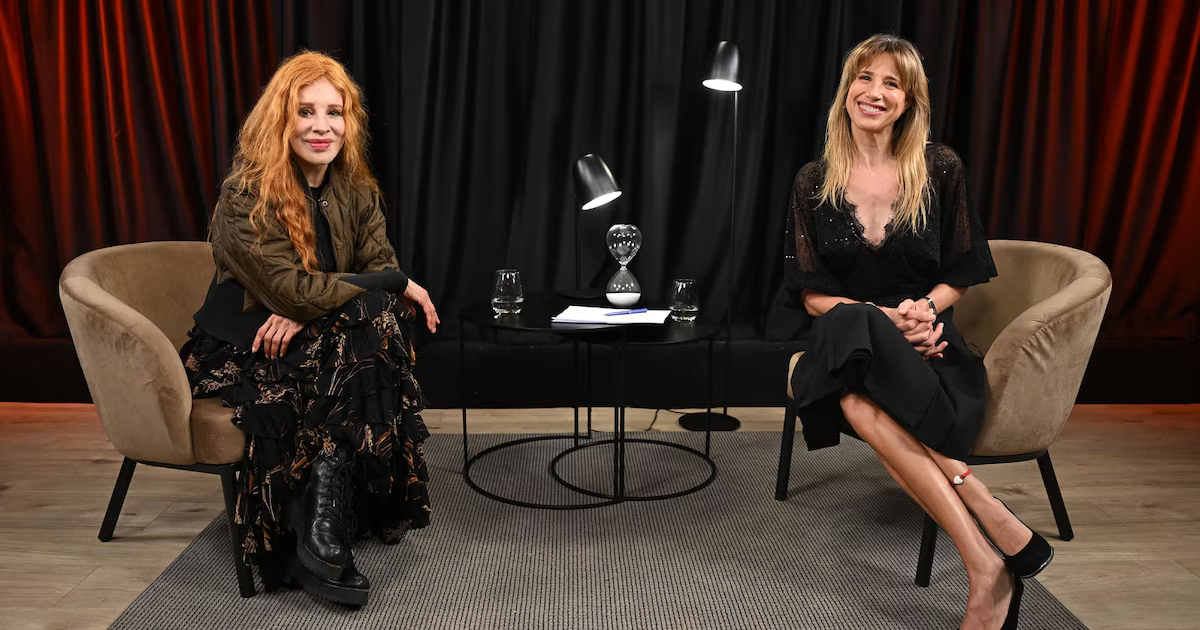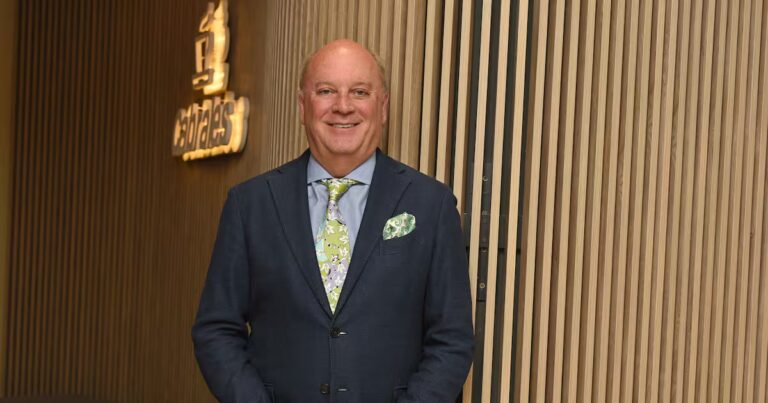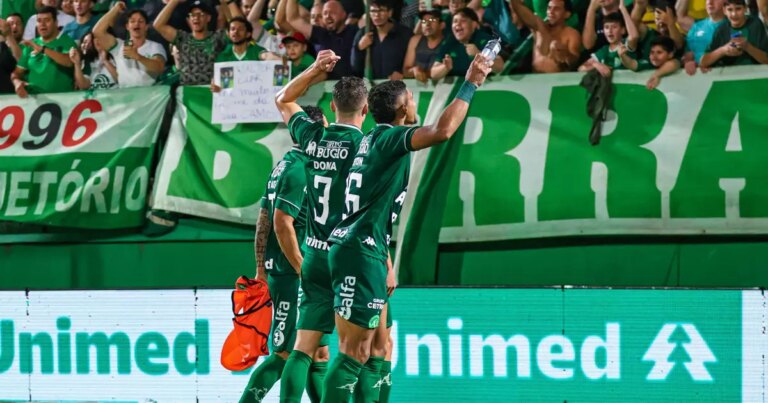
life of nacha guevara It has been marked by exile, challenge, and constant exploration. freedom. In a new series, “From this I learn,” he reflects on his career and life as an artist.
The artist has lived a life marked by resilience, the influence of key figures and her vital impulse. family. Its history is marked by adversity and overcoming. A testimony about how to face life’s challenges without losing essence or autonomy.
Exile and recovery are constants in his biography. nacha guevara. The artist experienced forced exile twice. The first time was due to threats from the Argentine Anti-Communist League, and the second time was during the premiere of “Las Mil y Una Nachas,” which resulted in an attack that resulted in casualties.
Guevara and his family faced danger. Mexico In just 48 hours, a period of frequent movement, language changes, and adaptation to a new culture began. “I would say I’ve moved about 45 times in my life,” he said, highlighting the impact of that instability.

Despite the harshness of the experience, Guevara recognizes his exile as the greatest learning period of his life, both personally and artistically. Unity of people like the Spanish actress Nuria EspertMexico, which took her in and provided her with fundamental support, played a decisive role in overcoming adversity.
“everytime Just when you think there is nowhere to escape, an angel appears.”, he reflected on the importance of aid networks in uprooted situations.
At the heart of his training and personality is his appearance. grandmother It appears as an example of independence and rebellion. Guevara describes her grandmother as not being a typical woman for her time. She became a bride at the age of 73, wearing high heels, makeup and openly defying social conventions. ”Her lesson is to not care about other people’s opinions. ”.
Guevara highlights how this model of freedom and authenticity influenced his own life and vision of aging. This grandmother, with her rebellious attitude and ability to do what she wanted without fear of ridicule, became Guevara’s first reference for how to overcome the passage of time with autonomy and without being subject to social obligations.
Another fundamental figure in Guevara’s childhood was Fausto Vegaa construction worker and naturopath, who describes him as a sage and spiritual guide. A vegetarian and a preacher of healthy living, Vega was often the subject of ridicule in his family, but he found an attentive listener in little Nacha. “He was a smart guy. When we came, we never heard from him again, but the connection was very deep,” she recalled.
Vega healed wounds with natural remedies and passed on teachings that lasted for many years. Guevara felt the strength of their bond despite distance and time, so much so that on the day of his death he experienced an inexplicable connection. The Vega imprint existed as a reminder of the importance of everyday wisdom and spiritual connection.

of freedom It was an important axis that guided Nacha Guevara’s decisions and character. From childhood, marked by episodes of rebellion against maternal authority, to adulthood, the artist defended autonomy as the highest value. “What I want and have always wanted is to be free. Now this word is so useless, but I know what freedom is. Freedom is humanity’s last frontier, even if we don’t always understand it. It is your most valuable asset. And that has always guided me,” he said.
For Guevara, freedom does not mean the absence of difficulties, but the ability to remain true to oneself even in adversity. His career, personal life, and his choices have been intersected by a constant search for authenticity and self-determination.
in the most difficult moments, children Nacha Guevara’s words propelled her forward. A mother of three children with different fathers, Guevara faced exile, relocation, and an upbringing in unstable conditions. “They were the driving force behind it all. It wasn’t me. I always tell them, they pushed me with their little hands to another place I didn’t know,” he confessed. The responsibility of protecting and raising children gave him unexpected strength and allowed him to overcome fatigue and despair.
Although Guevara recognizes that she was not the ideal mother and that her priorities at the time prevented her from devoting all the time she wanted to her mother, she values the things she has passed on to her children: integrity, work, and above all, the ability to be free. She believes that children’s independence and success as adults is a reflection of an education that overcomes challenges and is based on love and freedom.
Throughout Nacha Guevara’s life, one of the most complex challenges was Let go of inherited beliefs and commands and discover your own truth. It is only by questioning what we have learned and letting go of what does not belong to our true nature that it is possible to achieve authenticity and live fully in the present.



